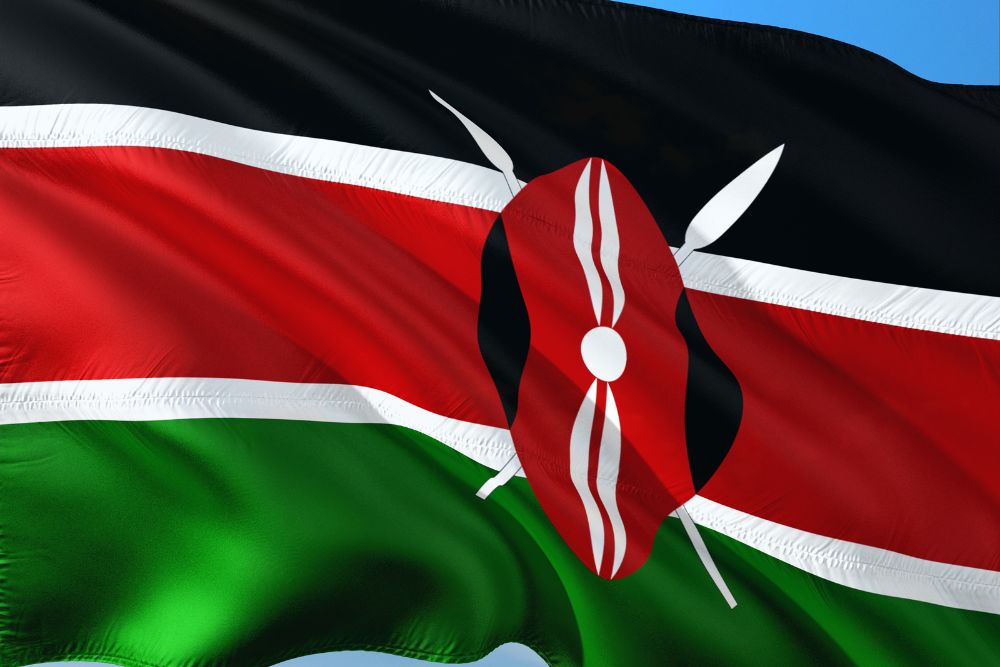The ICJ calls on the Kenya police and security forces to desist from the use of unnecessary or excessive force in operations against protestors demonstrating against the proposed Finance Bill 2024.
The ICJ recalls that, under international law, security forces must respect the principles of necessity and proportionality and that the use of lethal force is only permissible when strictly necessary to protect life. They must act to protect the right to life and freedom from ill-treatment.
Initiated through social media, protestors voiced grievances over the Finance Bill 2024, which they say imposes unaffordable tax rises on essential items, including bread and cooking oil, and adversely affects the livelihood of most inhabitants. In response to the protests, the government deployed security forces, including the Kenya Defense Forces, who have reportedly used live rounds in responding to protests, resulting in several deaths and hundreds of injuries.
Hundreds of demonstrators have also been arrested. There have also been reports of abductions, some of which may amount to enforced disappearance targeting individuals suspected of involving in the protests.
“The deployment of potentially lethal rounds against peaceful demonstrators is an inherently disproportionate use of force,” stated Kaajal Ramjathan-Keogh, ICJ’s Africa Director
In addition, President Ruto’s official statements on the protestors have become increasingly inflammatory, characterizing the diverse group of protestors as “a group of organized criminals,” “dangerous criminals,” and “planners, financiers, orchestrators and abettors of violence and anarchy.”
“President Ruto is sending mixed messages to the country and security forces by, on the one hand, acknowledging the legitimacy of the right to protest, and on the other characterizing protestors, many of whom are exercising their right to peacefully assemble and express themselves, generally as criminals. Such statements risk leading to unnecessary or disproportionate responses from security forces,” Ramjathan-Keogh added.
The ICJ calls on the Kenya Directorate of Criminal Investigation and other concerned national authorities to carry out prompt, thorough and impartial investigations into any allegations of the use of unnecessary or disproportionate force, especially lethal force by the Kenya police and security forces, with a view to holding any perpetrators accountable through prosecution and fair trials. Such investigations should also extend to allegations of arbitrary arrests and abductions, particularly those that may amount to enforced disappearances.
Background
The protests were initiated largely through social media, beginning on 18 June 2024, where mostly young persons expressed their dissatisfaction with the proposed Finance Bill 2024.
Initially, the government engaged with some of the protesters’ demands and made some amendments to the proposed Bill, including dropping the taxes on bread and cooking oil. However, many protesters insisted that the entire Bill be scrapped and have continued to hold protests. On 25 June 2024, the National Parliament passed the Bill.
Kenya is obligated under international law to respect and ensure human rights and fundamental freedoms, including the rights to life, freedom from arbitrary arrest and detention, freedom of expression, and the right to peaceful assembly. The rights are guaranteed under the International Covenant on Civil and Political Rights (ICCPR) and the African Charter on Human and Peoples’ Rights (the African Charter), to which Kenya is a party.
Sections 33, 36, and 37 of the Constitution of Kenya also provide that everyone is guaranteed the right to freedom of expression, association, and peaceful assembly and demonstration with an inherent duty on the State to ensure that demonstrators are protected from being subjected to unnecessary or disproportionate force and can freely exercise these rights.
In addition, the UN Basic Principles on the Use of Force and Firearms by Law Enforcement Officials provide that any use of force is conducted within the boundaries of legality, necessity, and proportionality. These Principles provide that intentional lethal use of firearms is only permissible when it is strictly unavoidable to protect life. This is also consistent with the obligation to respect and ensure the right to life under Article 6 of the ICCPR and Article 4 of the African Charter.




